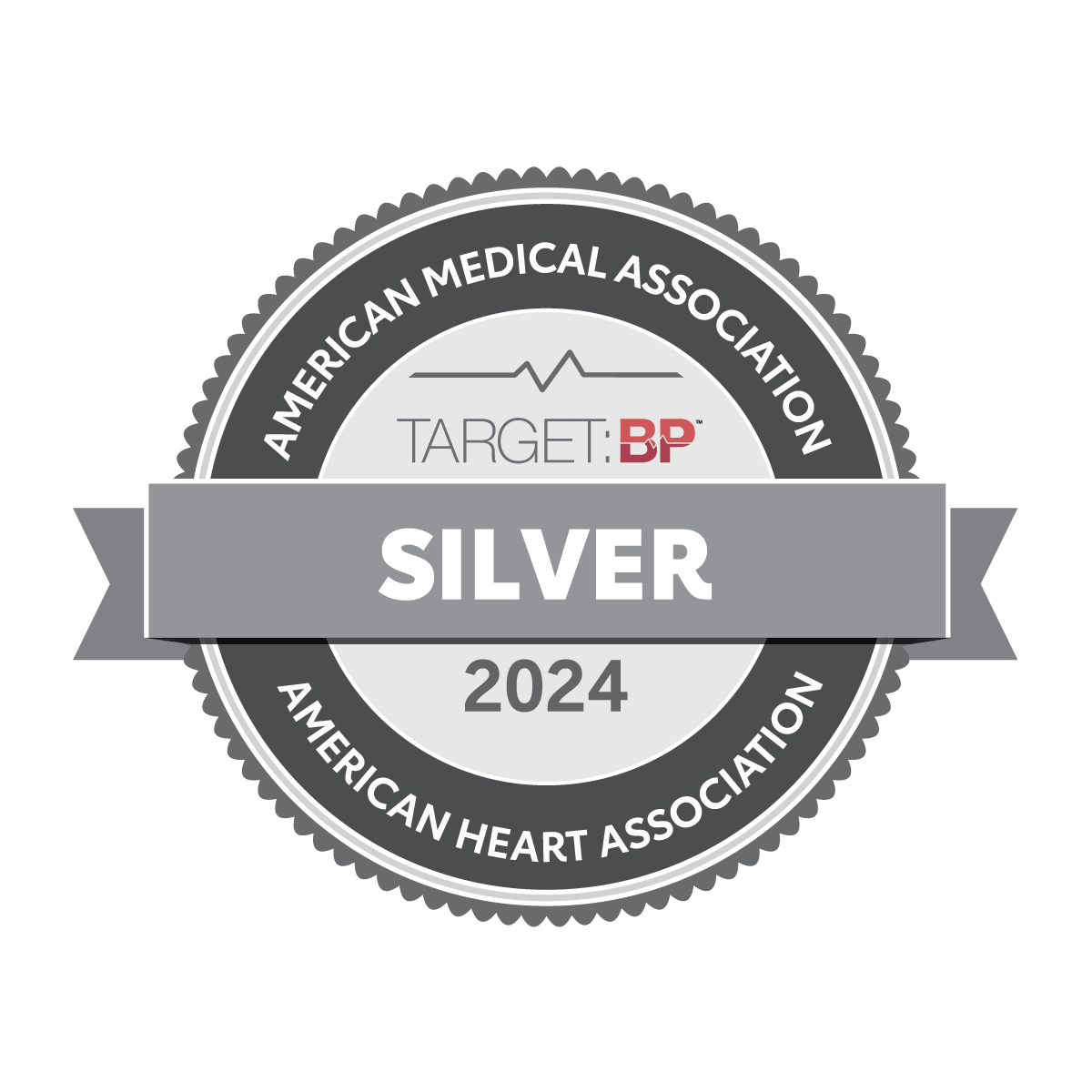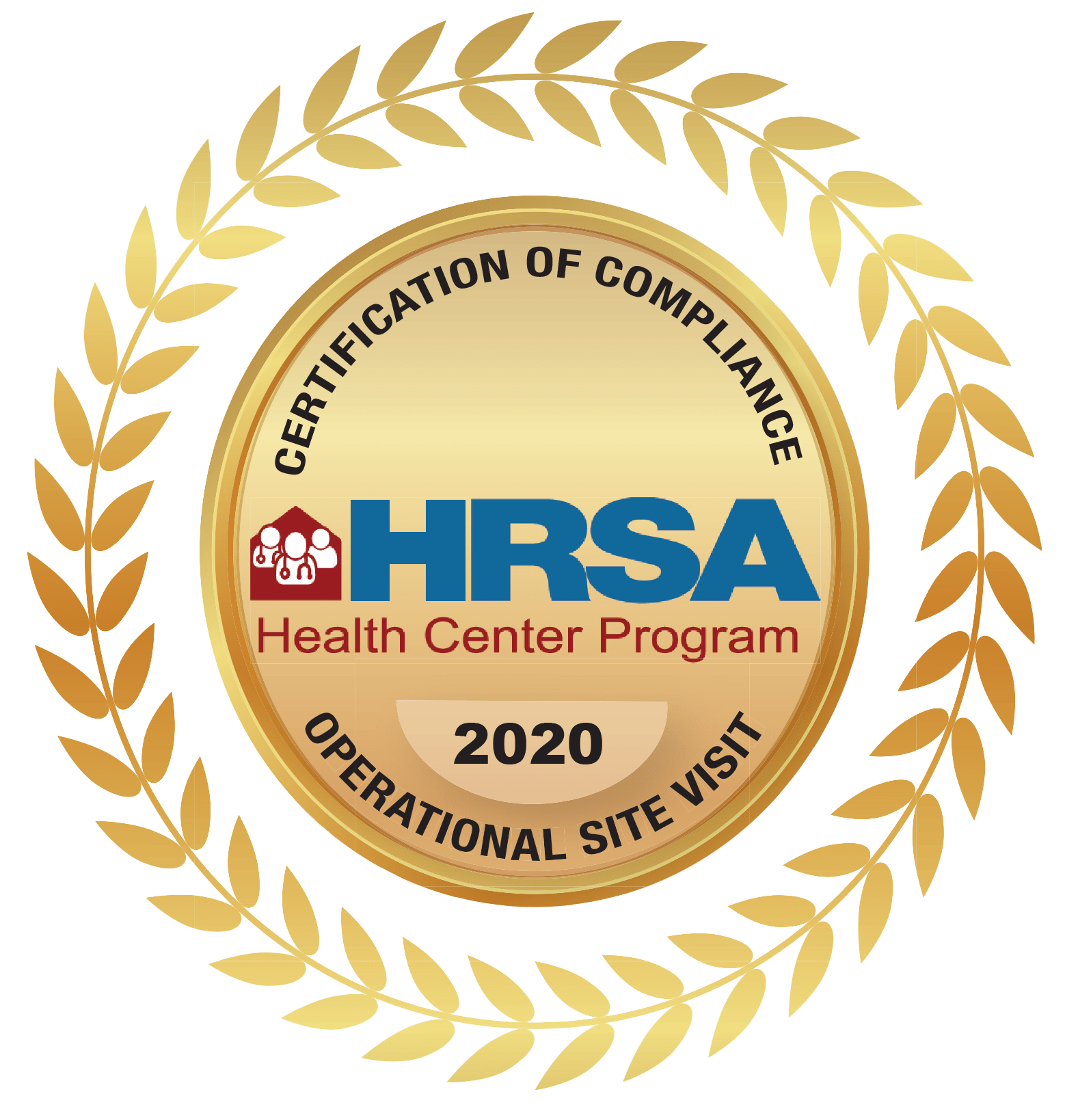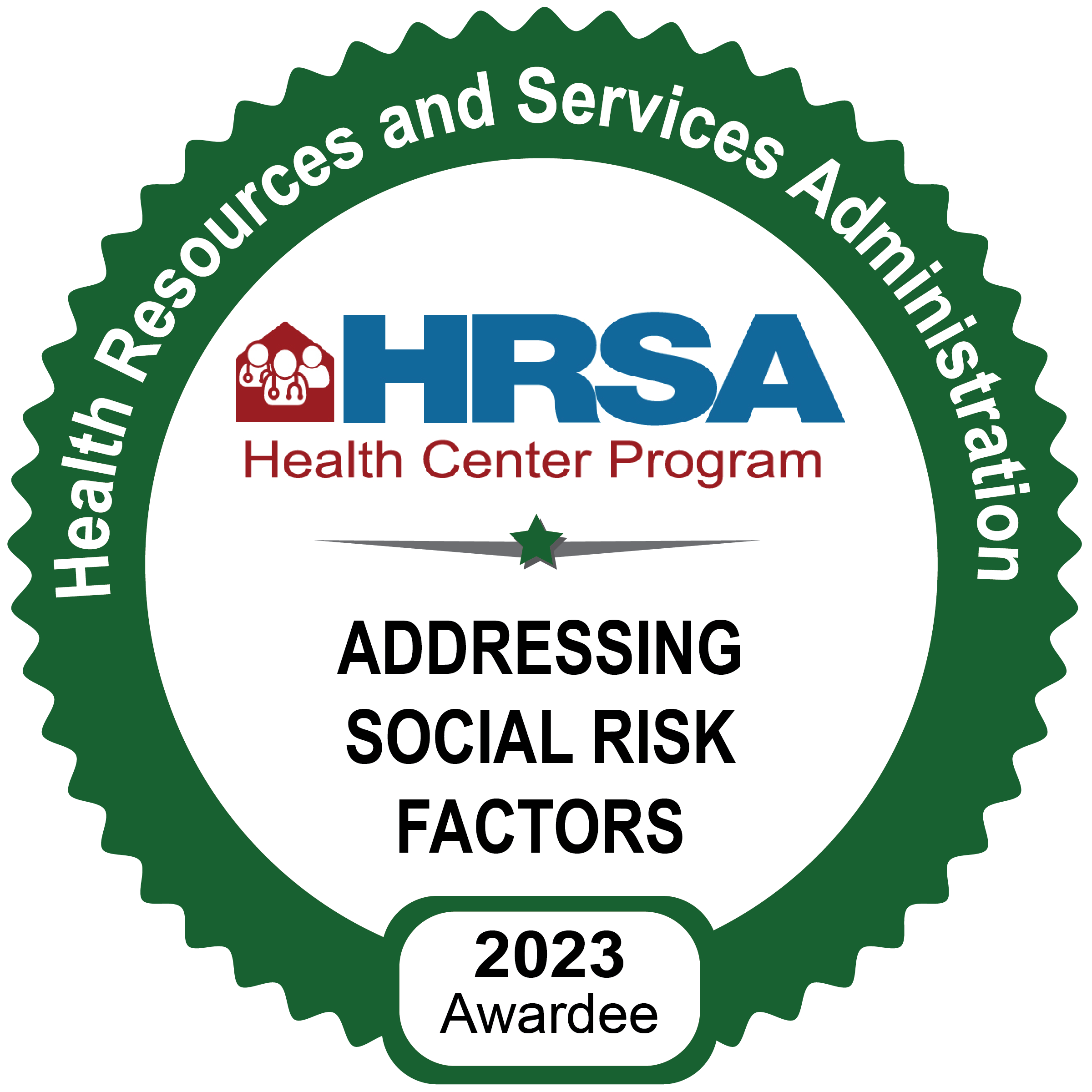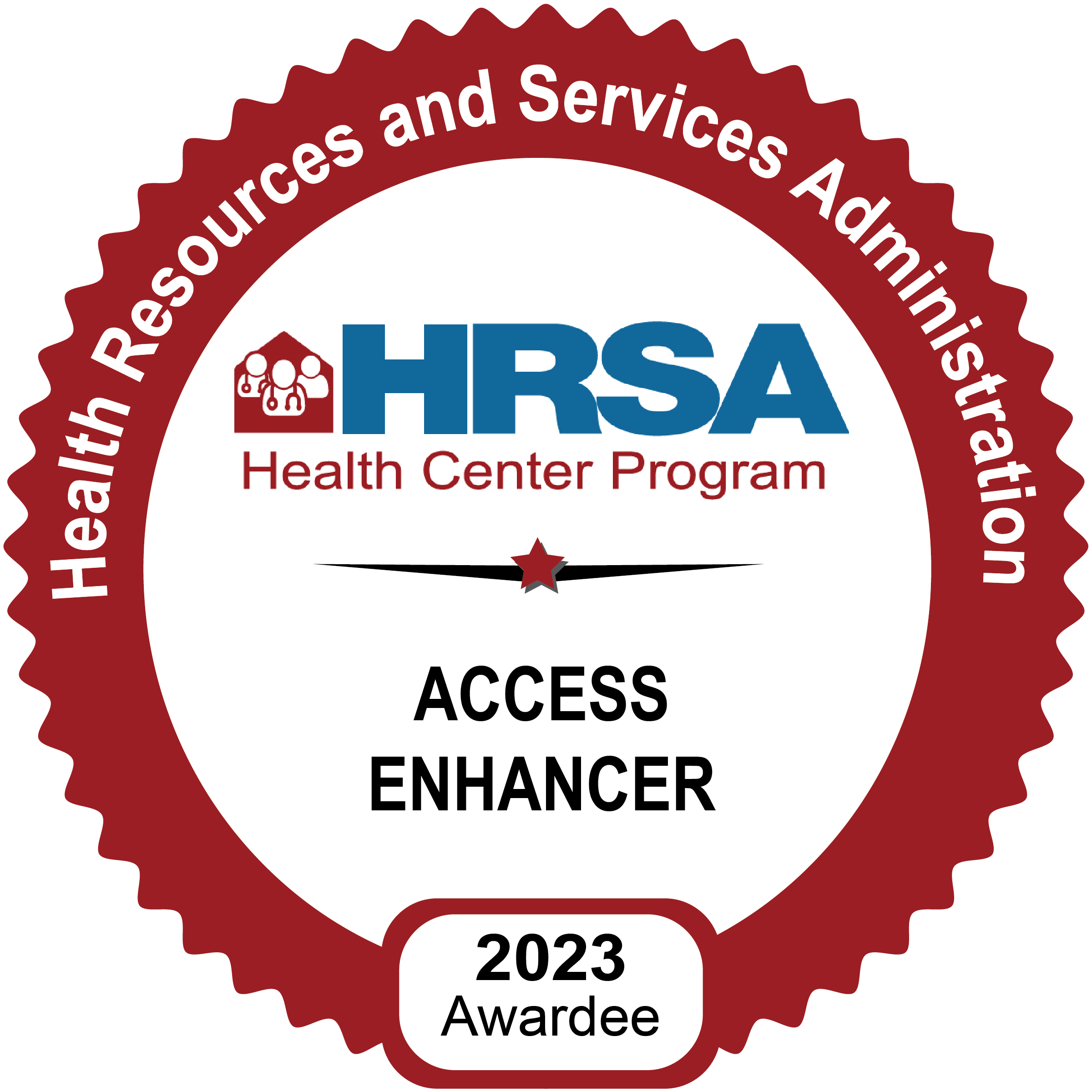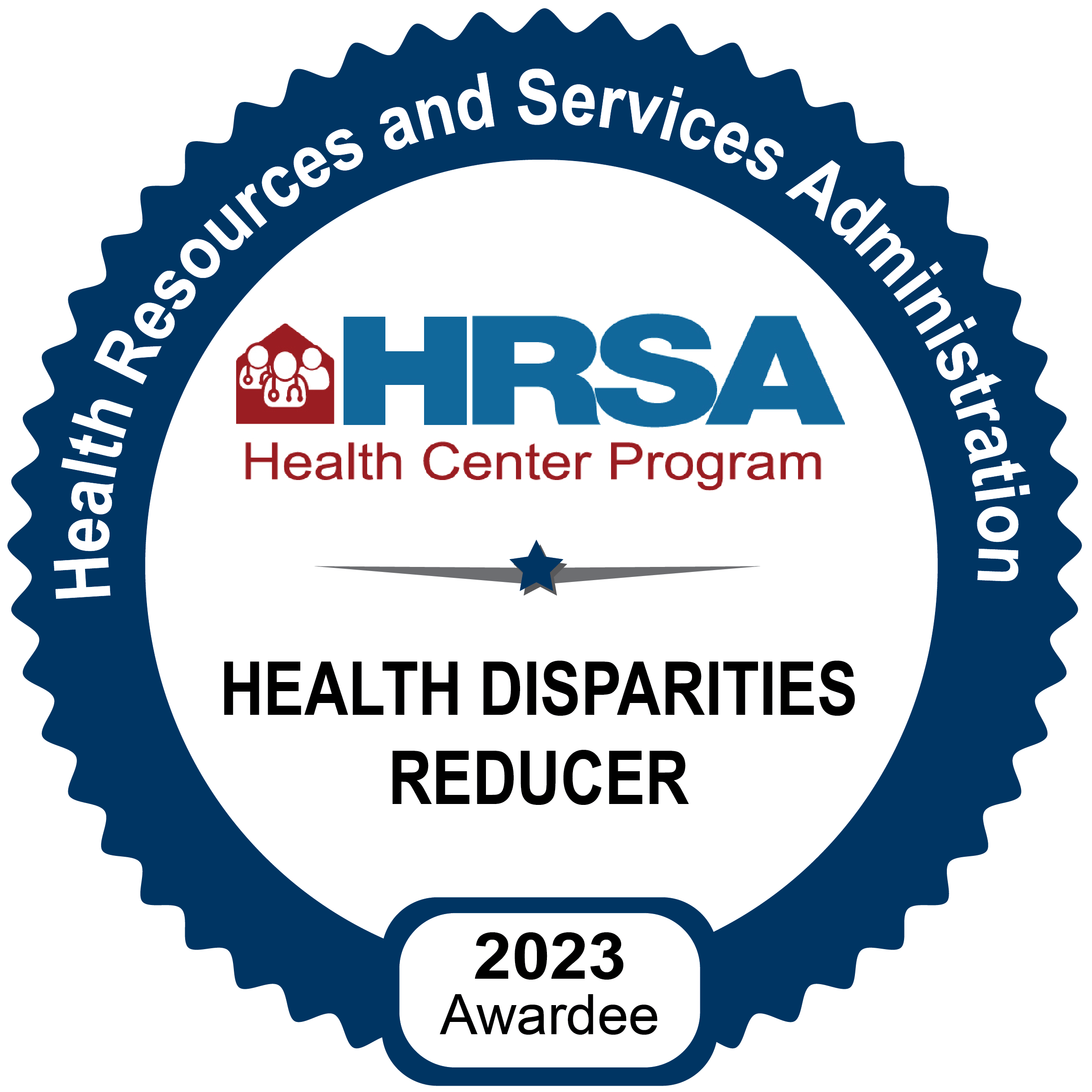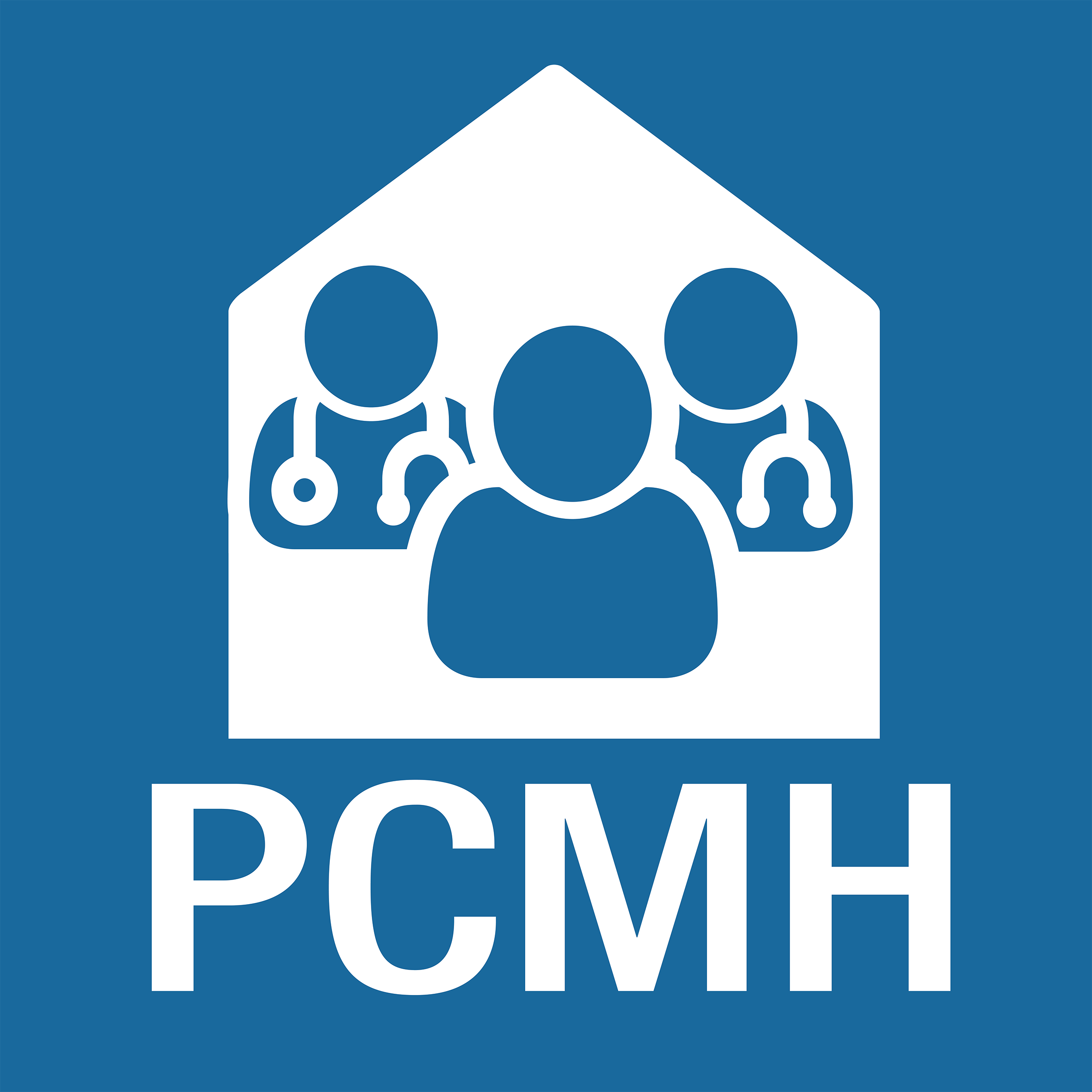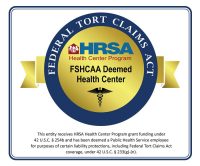
Dr. Susan Kasza is a Family Practice Physician and Obstetrician at Valley-Wide Health Systems.
For women who are trying to get pregnant, or even those who think they might start trying within the next year, a doctor’s visit is recommended. Advance preparation can help to have a healthier pregnancy with a healthier mom and baby. If you’re a woman of child-bearing age, your doctor might also ask questions about your reproductive plans when you see her for something else.
A number of interventions benefit all women. A daily prenatal vitamin contains vital folic acid, which helps prevent neural tube defects such as spina bifida. For women who smoke, stopping decreases their chances of having a small or early baby, not to mention the benefits it has for mom. Avoiding misusing alcohol and drugs (including marijuana) is recommended. Women should make sure they are up to date on immunizations. Although dental work can be done in pregnancy, it is preferred to see the dentist prior to pregnancy. Finally, losing or gaining weight to be at a healthy weight decreases the risks of many complications.
The doctor may also recommend lab work. For example, testing for STDs such as gonorrhea, chlamydia, syphilis, hepatitis B and C, and HIV is important. Women who are at risk for diabetes should be tested for it. Everyone should be tested for immunity to chicken pox and rubella (German measles), as both of these can cause birth defects. TB testing is also recommended in women who immigrated from countries where TB is prevalent, as well as those who have been incarcerated or use drugs.
Patients with a family history of genetic disease may want a referral to genetic counseling before trying to conceive.
Prior to pregnancy is the best time to get any medical problems well-controlled. Patients with diabetes may need medications adjusted for better control, as well as making sure their medications are safe during pregnancy. Many blood pressure medications are not safe during pregnancy and may need to be changed. Good control of thyroid disease, asthma, and seizure disorders is imperative. Patients with seizure disorders may also need to take extra folic acid. Those women with more complicated diseases such as heart disease, lupus, blood clotting disorders, and anaphylaxis will want to see their specialist, and may even want a counseling appointment with a doctor who specializes in high risk pregnancies, a perinatologist.
Depression is a common medical problem, and should not limit pregnancies. Medications may need to be adjusted, but its important to remember that the risks of untreated maternal depression often outweigh the risks of the medications. Counseling is a vital component of depression treatment.
Women (and their partners) who are considering pregnancy should meet with their doctor to be at their healthiest prior to pregnancy.



